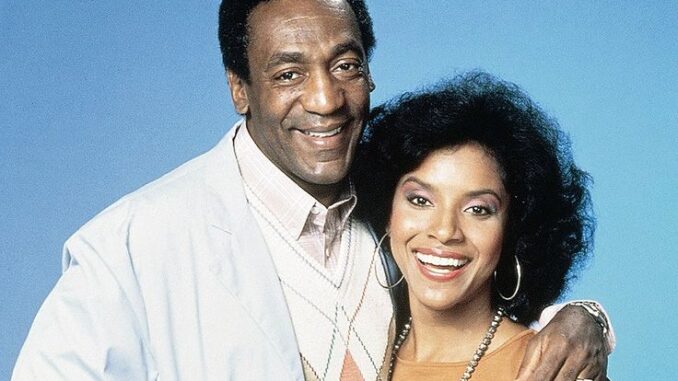
This lawsuit against a Cosby rape documentary is why fair use exists

The production company that made The Cosby Show has sued the BBC (.pdf) over a documentary the British network aired about the rape allegations against Bill Cosby. Carsey-Werner, the production company that is the plaintiff in the case, says that the documentary is infringing its copyright because it uses eight audiovisual clips and two musical cues from The Cosby Show.
The documentary, titled Bill Cosby—Fall of an American Icon, was broadcast on a BBC channel in the United Kingdom on June 5 of this year. That was the same day that Cosby’s prosecution for one assault began in Pennsylvania. (The trial ended in a hung jury.) The UK production company that made the documentary, Sugar Films, is also named as a defendant in the case.
The complaint lists eight video clips that are used in the documentary. All are between seven and 23 seconds long, except for one clip that lasts 51 seconds.
Adding together the time that viewers are either seeing a clip or listening to one of the musical cues, lawyers for the plaintiff say that “the Infringed Works were either seen or heard (or both) in Fall for a total of 234 seconds,” or a total of 6.5% of the hour-long documentary.
“[The defendants] have therefore sought to profit directly from the use of the copyrighted material without having to pay a license fee to Carsey-Werner by using the inherent entertainment value of The Cosby Show to entertain viewers.”
The complaint suggests that viewers’ attention could have been drawn to The Cosby Show “without using copyrighted material.” Instead, defendants “deliberately used the Clips on 10 separate occasions, no doubt because they knew that showing such a large number of clips from this famous show would appeal to viewers.”
After the first broadcast, Carsey-Werner sent notice via e-mail to both the BBC and Sugar Films that the material from The Cosby Show was unlicensed and constituted copyright infringement. The complaint states that the defendants each responded separately, denying liability. Carsey-Werner’s general counsel didn’t respond to a request for comment about the copyright lawsuit, which was reported earlier today by The Hollywood Reporter.
